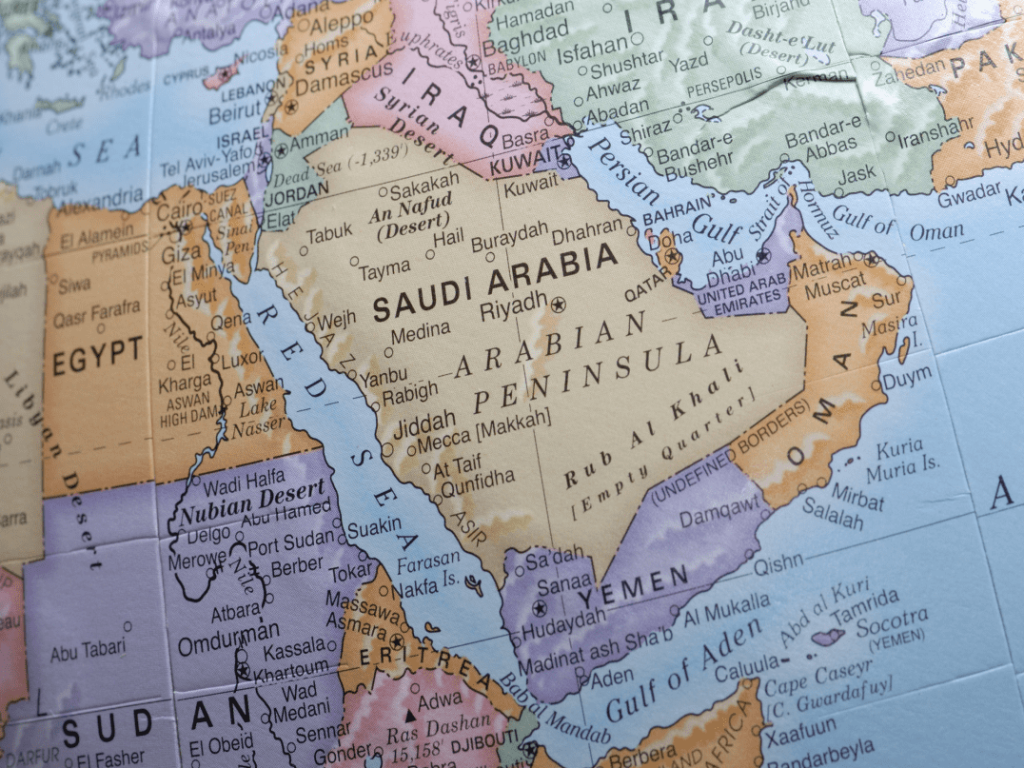Welcome to a fascinating journey across continents, united by a rich and vibrant language! If you’ve ever wondered “where is Arabic spoken” or “how many countries speak Arabic,” you’re about to discover a vast and diverse linguistic landscape. Arabic is not just the language of one nation, but a powerful cultural bridge connecting over two dozen nations. This article will guide you through the Arabic speaking countries, shedding light on what countries speak Arabic, and highlighting the incredible diversity within the Arab world. Get ready to explore which countries speak Arabic and broaden your global perspective!
The Arab World: A Geographic and Linguistic Overview
The Arab world stretches across Western Asia and North Africa, forming a vast region bound by shared cultural elements and, most importantly, the Arabic language. When we talk about Arabic speaking countries, we refer to the 22 member states of the Arab League, where Arabic is an official or primary language.
- Official Language: In these countries, Modern Standard Arabic (MSA) is the official language used in government, education, media, and formal communication.
- Diverse Dialects: While MSA provides a common written and formal spoken form, everyday communication relies on various regional Arabic dialects. These dialects can differ significantly from one another, reflecting the unique history and culture of each region.
How Many Countries Speak Arabic? A Comprehensive List
So, how many countries speak Arabic officially? There are 22 countries where Arabic holds official or significant national language status. These nations are spread across two main geographical regions:
North Africa (المغرب العربي – Al-Maghrib al-ʿArabī and Egypt):
- Egypt (مصر – Miṣr): The most populous Arab country, known for its widely understood Egyptian Arabic dialect.
- Sudan (السودان – As-Sūdān): A vast country connecting North Africa and the Middle East.
- Libya (ليبيا – Lībiyā): A large North African nation with a Mediterranean coast.
- Tunisia (تونس – Tūnis): Known for its distinct Tunisian Arabic dialect, influenced by French and Italian.
- Algeria (الجزائر – Al-Jazāʾir): The largest country in Africa, with Algerian Arabic and Berber languages.
- Morocco (المغرب – Al-Maghrib): Famous for its unique Darija dialect, also influenced by French and Spanish.
- Mauritania (موريتانيا – Mūrītānyā): A West African country where Arabic is the official language.
The Middle East / Western Asia (المشرق العربي – Al-Mashriq al-ʿArabī and the Arabian Peninsula):
- Lebanon (لبنان – Lubnān): Known for its vibrant Levantine Arabic dialect.
- Syria (سوريا – Sūriyā): Home to a rich tradition of Levantine Arabic.
- Jordan (الأردن – Al-ʾUrdun): Predominantly speaking Levantine Arabic.
- Palestine (فلسطين – Filasṭīn): Also speaking various forms of Levantine Arabic.
- Iraq (العراق – Al-ʿIrāq): Has its own distinctive Mesopotamian Arabic dialect.
- Saudi Arabia (المملكة العربية السعودية – Al-Mamlakah al-ʿArabīyah as-Saʿūdīyah): The birthplace of Arabic and Islam, with various Peninsular Arabic dialects.
- Yemen (اليمن – Al-Yaman): Home to some of the oldest forms of Arabic dialects.
- Oman (عمان – ʿUmān): A Sultanate with diverse dialects.
- United Arab Emirates (الإمارات العربية المتحدة – Al-ʾImārāt al-ʿArabīyah al-Muttaḥidah): A dynamic hub where Arabic is official, and English is widely used.
- Qatar (قطر – Qaṭar): A rapidly developing nation in the Gulf.
- Bahrain (البحرين – Al-Baḥrayn): An island nation in the Persian Gulf.
- Kuwait (الكويت – Al-Kuwayt): A Gulf state known for its oil wealth.
- Comoros (جزر القمر – Juzur al-Qamar): An island nation in the Indian Ocean, where Arabic is one of the official languages.
- Djibouti (جيبوتي – Jībūtī): Located in the Horn of Africa, with Arabic and French as official languages.
- Somalia (الصومال – Aṣ-Ṣūmāl): Arabic is one of the official languages alongside Somali.
This list gives you a clear answer to “which countries speak Arabic” as their official language.
Beyond Official Borders: Where Else Is Arabic Spoken?
While the above are the primary Arabic speaking countries, the influence of the Arabic language extends much further.
- Minority Language Status: Arabic is spoken by significant minorities in countries like Chad, Eritrea, Iran, Turkey, and others.
- Diaspora Communities: Millions of Arabic speakers live outside the Arab world, in countries like the US, UK, Canada, Australia, France, Germany, and Brazil, maintaining their language and cultural heritage.
- Religious Significance: As the language of the Quran, Arabic holds immense religious importance for over a billion Muslims worldwide, even if they don’t speak it conversationally.
So, when you ask “where is Arabic spoken,” the answer spans across continents and cultures!
Why This Matters for Learning Arabic
Understanding the spread of Arabic speaking countries is vital for learners:
- Choosing a Dialect: Knowing what countries speak Arabic can help you decide which dialect (e.g., Egyptian, Levantine, Gulf) to focus on, depending on your goals.
- Cultural Context: Each country offers a unique cultural experience that is intertwined with its local dialect.
- Travel and Connection: Identifying countries that speak Arabic directly enhances your travel experiences and ability to connect with locals.
The journey of learning Arabic is a journey through a vast and diverse world. From the bustling souks of Morocco to the towering skyscrapers of Dubai, the Arabic language connects millions.
Ready to embark on your Arabic language adventure and explore the rich cultures of these Arabic speaking countries? Visit www.kaleela.com and download the Kaleela Arabic learning app today! Our comprehensive lessons cater to various dialects and provide cultural insights to enrich your learning experience. Start discovering the beauty of Arabic and its global presence!



